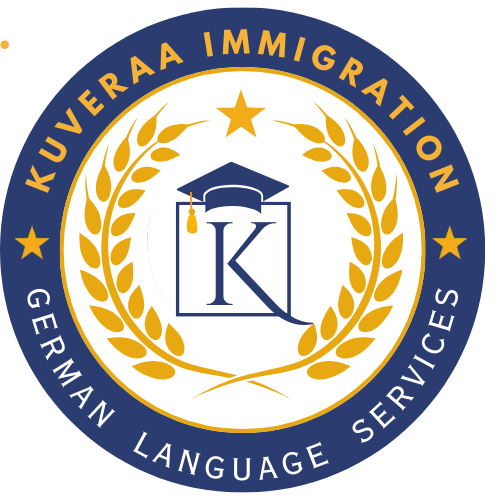
Any Question? Call Us
98155-30301
Commercial driver Ausbildung
Commercial driver Training in Germany has the following salient features:
3-6 months (theory and practice)
1. Traffic regulations (Verkehrsordnung)
2. Vehicle technology (Fahrzeugtechnik)
3. Safety regulations (Sicherheitsvorschriften)
4. Logistics and transportation management (Logistik und Transportmanagement)
5. First aid and emergency procedures (Erste Hilfe und Notfallverfahren)
1. Driving lessons (Fahrunterricht)
2. Vehicle handling (Fahrzeugführung)
3. Route planning and navigation (Routeplanung und Navigation)
4. Loading and unloading cargo (Beladen und Entladen)
1. Category C (heavy goods vehicles)
2. Category CE (heavy goods vehicles with trailer)
3. Category D (buses)
4. Category DE (buses with trailer)
1. Theory course: €500-€1,000
2. Practical training: €2,000-€4,000
3. License fees: €200-€500
4. Total: €2,700-€5,500
1. Age: 18-60 years old
2. Valid driver's license (Category B)
3. Medical certificate (Gesundheitszeugnis)
4. Background check (Führungszeugnis)
1. Starting salary: €2,000-€3,000/month
2. Experienced driver: €3,500-€5,000/month
3. Senior driver or manager: €5,000-€7,000/month
1. Job security
2. Opportunities for advancement
3. Continuing education opportunities
4. Health insurance
5. Pension scheme
1. Deutsche Verkehrsschule (DVS)
2. Berufsfahrerschule (BFS)
3. Fahrerlehrgänge (FLG)
4. Verkehrsschulen Deutschland (VSD)
1. BAföG (Bundesausbildungsförderungsgesetz)
2. DAAD (Deutscher Akademischer Austauschdienst)
3. Bildungsgutschein (Education Voucher)
4. Company-sponsored training
1. Research thoroughly
2. Ensure language proficiency
3. Meet deadlines
4. Prepare for interviews and assessments
5. Consider additional certifications or specializations
1. Truck driver (Lastwagenfahrer)
2. Bus driver (Busfahrer)
3. Delivery driver (Lieferfahrer)
4. Logistics coordinator (Logistikkoordinator)
5. Transportation manager (Transportmanager)
During Nursing Ausbildung in Germany
Employers typically provide the following facilities:

Uniforms and equipments

Meals or meal allowances

Travel allowances

Accommodation support

Health insurance contributions

Holiday pay and leave

Library and resource access

Mentorship and supervision
